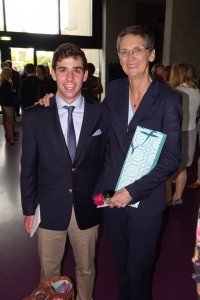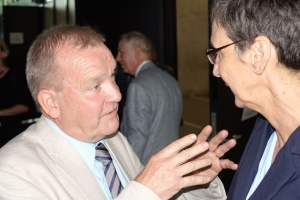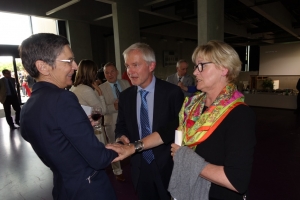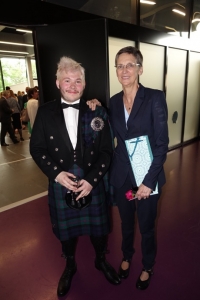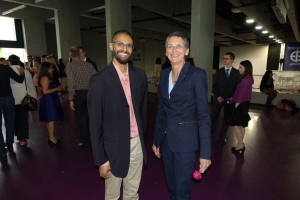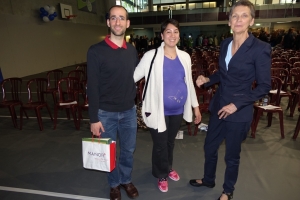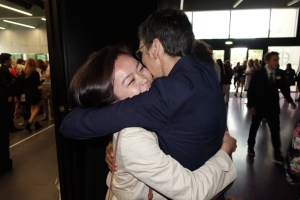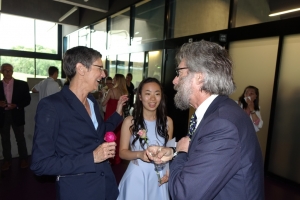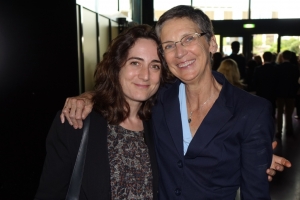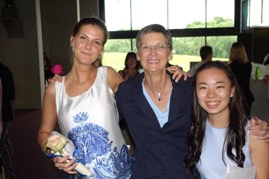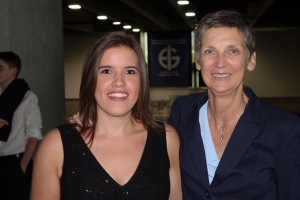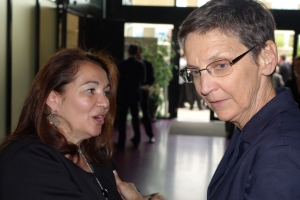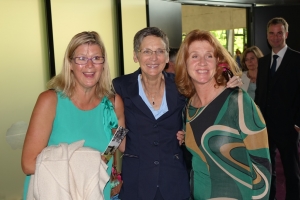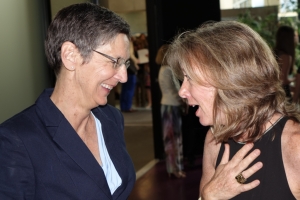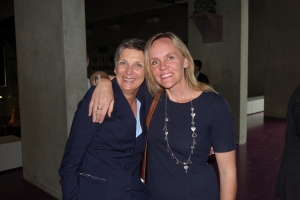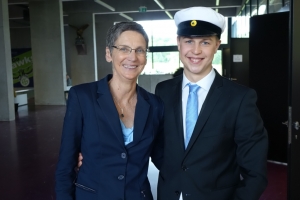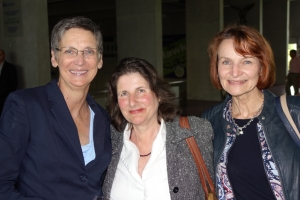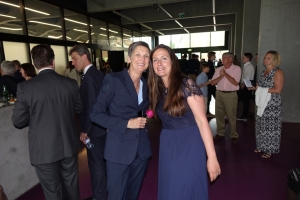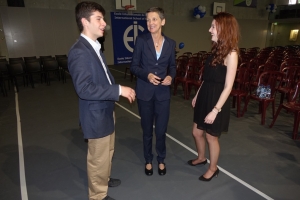 Many of us have reached an age where if we aren’t overwhelmed attending to our own health demands, we are busy taking care of aging parents or other ailing friends and relatives.Being a caregiver is a taxing physical and emotional roller-coaster where ones roles are reversed.
Many of us have reached an age where if we aren’t overwhelmed attending to our own health demands, we are busy taking care of aging parents or other ailing friends and relatives.Being a caregiver is a taxing physical and emotional roller-coaster where ones roles are reversed.
The list of tasks grows …downsizing homes, scouting assisted living facilities, balancing check books, filing tax returns, investigating financial investments, paying bills, understanding doctors’ visits and navigating the medical field as loved ones begin to struggle more with the challenges of aging.
Caring for our elders may be learned from example.
As a child, I watched my parents take care of their parents. Although my grandfather lived 2 hours away, my dad made sure Grandpa was with us for every family occasion. My mom helped my maternal grandma relocate from Baltimore and settle in Sterling, where she became a part of the smaller community.
With our mobile families, so much of the burden falls on the shoulders of the sibling living closest in proximity.
 Using all the skills she developed during her career as a special education teacher, my sister now applies color-coding, list making and other techniques to help make life easier for my mom and dad. My sister-in-law made the same sacrifices in her family. She moved her mom and older sister from Chicago to Cleveland where she cared for them and certainly added years to her mom’s life.
Using all the skills she developed during her career as a special education teacher, my sister now applies color-coding, list making and other techniques to help make life easier for my mom and dad. My sister-in-law made the same sacrifices in her family. She moved her mom and older sister from Chicago to Cleveland where she cared for them and certainly added years to her mom’s life.
Often times it is a thankless job especially when others assume that the caregiver will come to the rescue in any emergency. But caregivers have bad days too where they may feel ill, exhausted, and overwhelmed. A caretaker’s number one responsibility is taking care of his/herself. This can be difficult because by nature they are the most giving people on the planet. They have made putting others’ needs first an art form.
Not every family is like us and blessed with a guardian angel named Sue.
Here are just a few ways you can help share the burden and the gift of care giving.
- When it becomes easier and faster to perform tasks for the loved one try not to usurp their independence. Let them do as much as they are able.
- Help count and cut pills – use a pill dispenser.
- Keep records of medical procedures, medicines, and dosage times.
- Prepare medical questions ahead of time and take notes at doctor visits.
- Help seniors remain as active in the community as possible.
- Buy groceries, run errands, cook dinners ahead that can be frozen and reheated.
- Offer to help drive elders places even if only to go for a ride in the country.
- Share a meal, sit for a spell, slow down just be in the moment with them.
 In today’s society where so many families are separated by distance, it is even more important to take steps to keep in touch. Enlist the help of children and grandchildren living far away. They can contribute by making phone calls, sending cards, and planning long weekend visits.
In today’s society where so many families are separated by distance, it is even more important to take steps to keep in touch. Enlist the help of children and grandchildren living far away. They can contribute by making phone calls, sending cards, and planning long weekend visits.
You don’t have to be in peak condition to offer aid. Some days I can’t do much to help even when I am physically right there. During those times when I am flat out on the couch, my dad resting in his recliner and mom snuggled in her armchair, I ask questions. My parents share invaluable stories of what it was like to grow up just after the Depression, during WWII and through the Civil Rights Movement. Or we reminisce and play the “remember when game” retelling the stories of favorite sporting events, family trips, and special occasions.
Repeating the stories of yesteryear brings no greater joy. Remember the best gift you can offer is your undivided attention.
By honoring our elders, we enrich our own lives.
Like Julianne and Sue so many other caregivers deserve our gratitude and support as they provide an invaluable service to society.
Take time to make time to thank a caregiver today.










